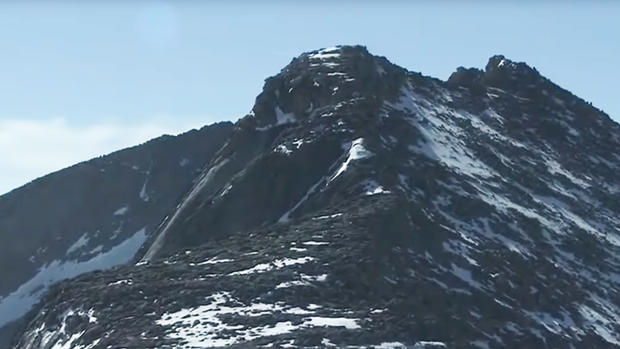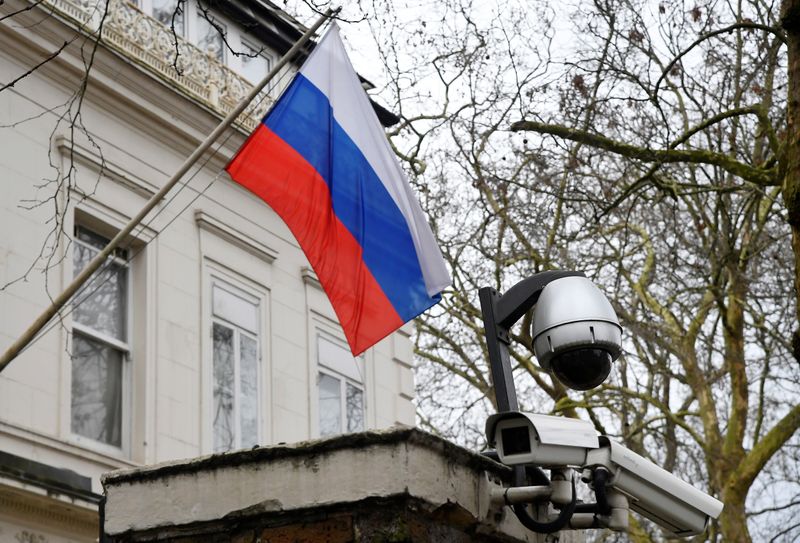Just over five years ago, then-President Barack Obama changed the name of the tallest peak in North America, Mt. McKinley. It once again became Denali, an original Native Alaskan name with deep cultural significance.
Today, as our nation wrestles with the past and questions about those we’ve chosen to honor, another mountain may be in line for a new name.
Mount Evans in Colorado was named for John Evans, an 1800s Colorado territorial governor. Some say the naming honors the winning of the West.
To Ernest House Jr. – a member of the Ute Mountain Ute Tribe and former executive director of the Colorado Commission of Indian Affairs, and the great-grandson of Jack House, the last hereditary chief of the Ute Mountain Ute Tribe – the name “Evans” signifies his connection with the Sand Creek Massacre of November 29, 1864.
He said the name Evans “will forever go down in history on a mark on his status as somebody who has been a historical figure for the State of Colorado.”
“He didn’t participate in the massacre,” said correspondent Barry Petersen.
“He had a level of culpability,” House said.
Evans issued a proclamation saying: “Kill and destroy all hostile Indians.” So tribes surrendered to the government for protection, and some settled at Sand Creek.
But in an early morning attack, a group of U.S. Cavalry slaughtered mostly elderly people and women and children.
Today it’s a national historic site.
Now, the U.S. Board of Geographic Names is considering changing the name of Mt. Evans, along with other Colorado sites: Negro Creek, Chinaman Gulch, Squaw Mountain.
“Squaw” is a derogatory word made up by non-Native Americans, seen as both racist and a sexual slur.
Petersen asked Patty Limerick, faculty director of the Center of the American West at the University of Colorado Boulder and a member of the state advisory group on the name changes: “Do you take into account that maybe it’s difficult for people to use that particular name? Like, I don’t wanna call something squaw, it’s an exceedingly pejorative term.”
“Right, and I think for a certain percentage of the population, saying it would be an uncomfortable moment,” Limerick replied.
For 50 years, Randy Wheelock has hiked, biked and camped on Mt. Evans. He’s also on the county commission where Mt. Evans is located, and while he supports the name change, a constituent does not: “He said to me that, ‘I grew up here and it’s the only name that I’ve ever known that by, and that means a lot to me and I don’t know why we had to change it.'”
Petersen asked, “How do you recognize the people who say, ‘But no, this is my growing up, this is my heritage’?”
“We really have to listen to that,” Wheelock said. “And those people are being sincere as well.”
But there is something deeper going on here. Statues symbolizing America’s slavery era have been toppled in recent months amid protests over Black people who have been killed. There are calls to face centuries of systemic racism and change century-old names of places named mostly for White men as a way to broaden our history.
“We understand that the legacy of White supremacy around indigenous Native American people, the removal of native people from their lands, these were of course egregious events,” said Erica Dunbar, a professor of history at Rutgers University.
Why now? “We’re reckoning with this very real issue around social justice, around representation. But it spilled over into the public space, into this public sphere of renaming peaks or mountains or forests or parks. This conversation is about who we want to be as Americans.”
Petersen asked House, “Tell me what you’re going to feel when you look at that mountain and it’s got an Indian name?”
“The first thing I’m gonna think about is those tribal elders that I spoke with, the Cheyenne and Arapahoe tribes, that were sobbing, that took an opportunity to open up about what impact Sand Creek had on them. But also those tribes that were forcibly removed from our beautiful state, that continue to call Colorado home, that would love for an opportunity to go back to a mountain, take their family and say, ‘This used to be ours, and it’s still being recognized. We’re being acknowledged.'”
What’s in a name? It turns out, everything.


